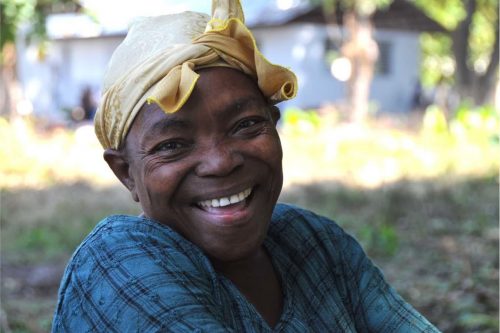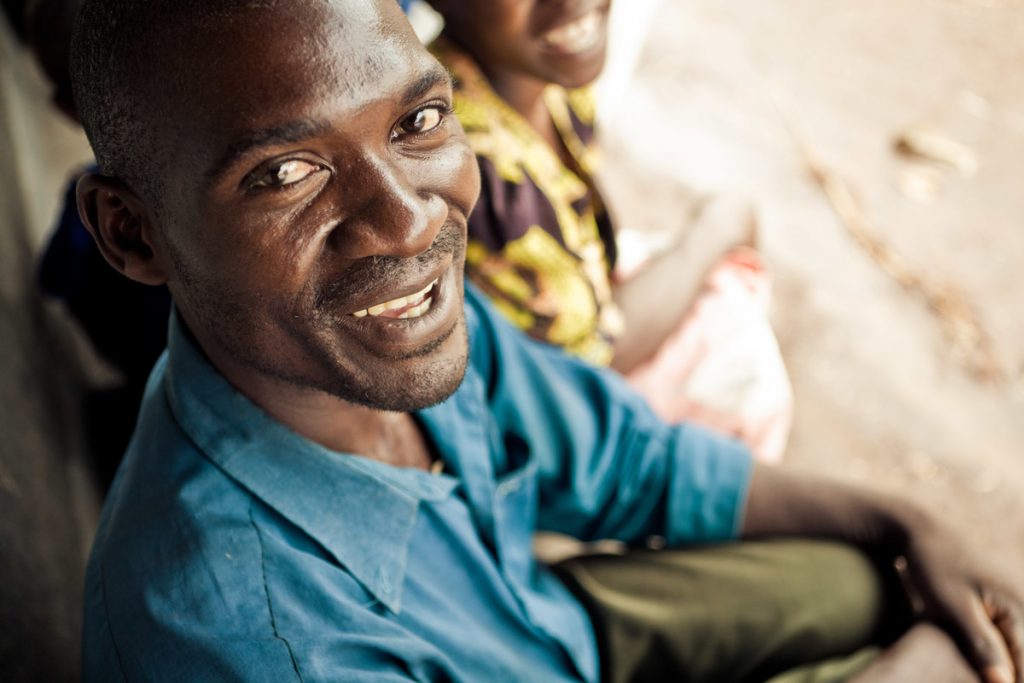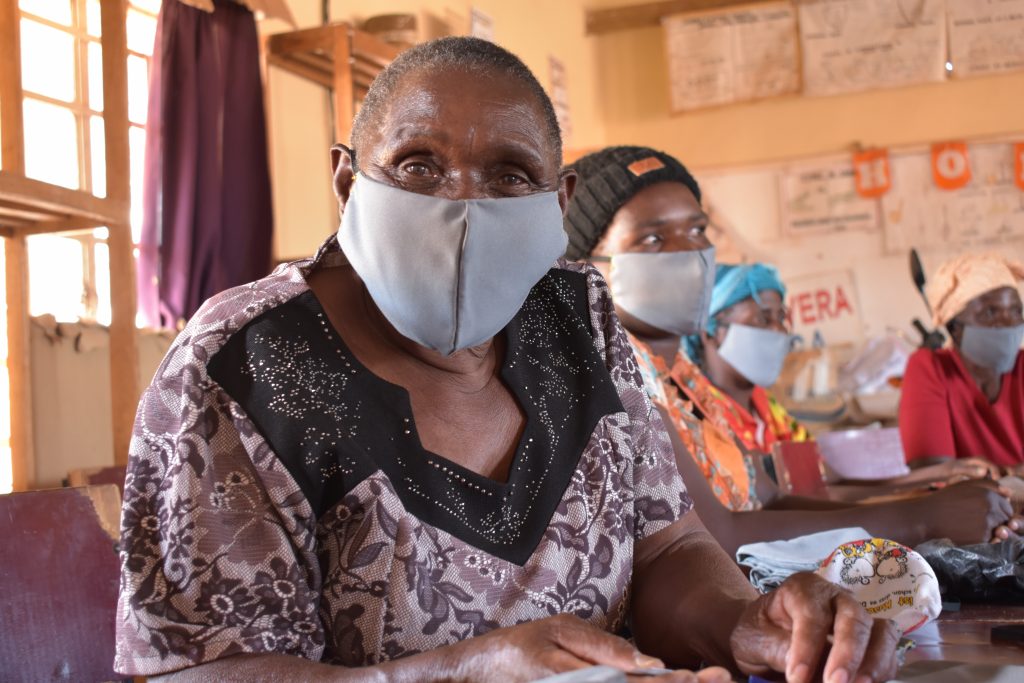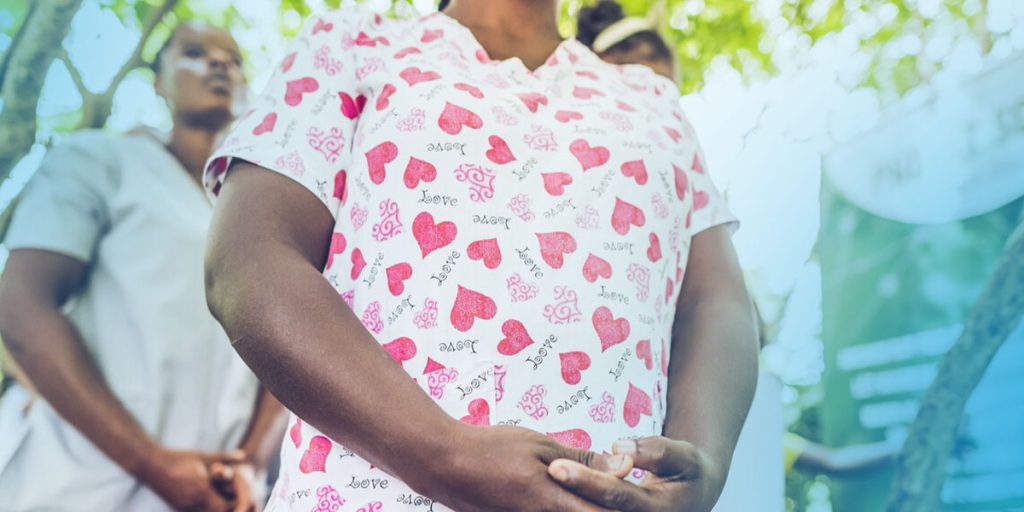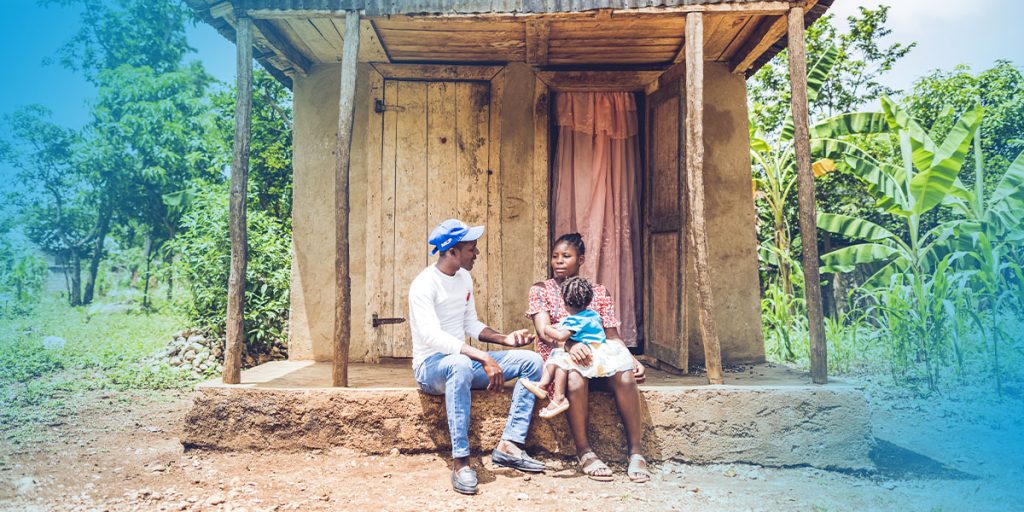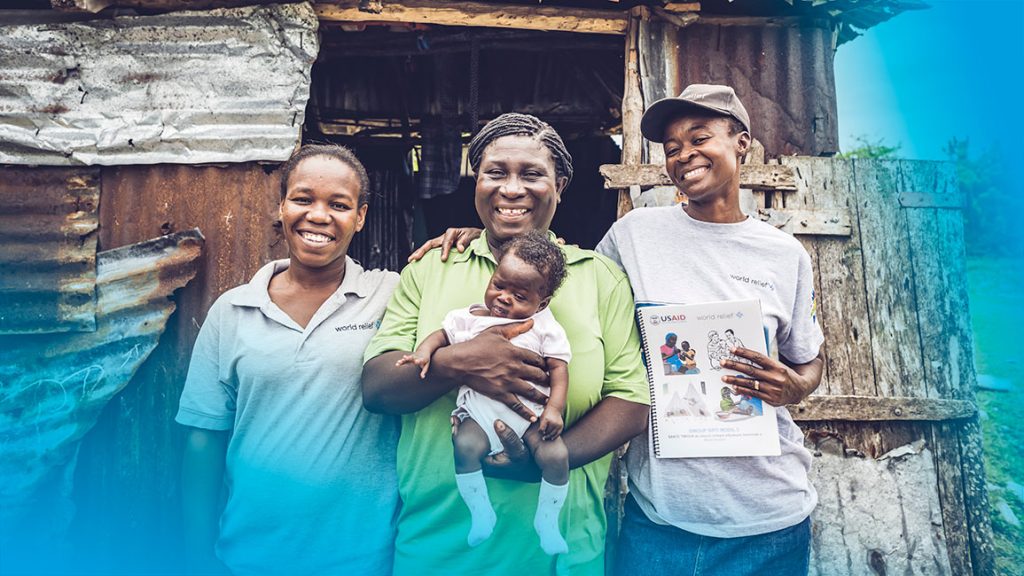SCOPE
Partnering with communities to end maternal and child mortality
Every year almost 300,000 women die during pregnancy and childbirth and an estimated 5.2 million children under five die. Progress has been made, but most of these deaths could be prevented with known health interventions.
One thing is clear: high quality, accessible health services are essential for mothers, children and families to survive and thrive.
World Relief has a history of pioneering community-based approaches in maternal and child health through USAID’s Child Survival and Health Grants Program (1985-2017). For over 75 years, we’ve implemented strong maternal and child health and nutrition programming, bolstered by our deep and sustained relationships with faith and community organizations at the grassroots level.
The SCOPE Project
The Strengthening Community Health Outcomes through Positive Engagement (SCOPE) Project was a five-year (2019-2024) USAID-funded New Partnerships Initiative project implemented in partnership with Christian Connections for International Health (CCIH). SCOPE aimed to reduce preventable maternal and child mortality and morbidity in Haiti, Kenya, Malawi and South Sudan by engaging community health workers (CHWs), faith leaders and community groups to advance reproductive, maternal, newborn and child health (RMNCH).
SCOPE envisions a world in which people of reproductive age, pregnant women, and caregivers of children under five adopt healthy behaviors and seek necessary care, and that high-quality community health services are accessible for all mothers and children.
Engaging Trusted Community Voices
SCOPE trained community groups and key community leaders to strengthen their capacity to dialog with and engage on key RMNCH issues and interventions.
Community Health Workers
SCOPE trained CHWs in the delivery of community-based family planning, maternal and newborn care (including home-based postnatal care), and prevention of common childhood illnesses.
Faith Actors
Through a multi-layered community development approach, SCOPE worked to build the capacity of faith leaders and faith communities to engage with critical issues, support care-seeking behaviors, and improve RMNCH behaviors and norms.
Community Groups
Engaging communities through Care Groups and Couples’ Groups, SCOPE diffused RMNCH social and behavior change communication messages in order to create an environment that supports the health of mothers and children.
Technical Areas
SCOPE focused on technical interventions vital to the wellbeing of women of reproductive age (WRA) and children under five, including family planning and reproductive health, maternal and newborn health, and the prevention and treatment of childhood illnesses.
Family Planning and Reproductive Health
SCOPE’s strategies of engaging CHWs, community groups, and faith leaders to improve the health of WRA and their young children included a focus on reproductive health. SCOPE utilized different social behavior change communication strategies to address barriers and enablers to the access to and utilization of modern contraceptive methods. The strategies within SCOPE include proven interventions, such as community-based distribution of family planning information, commodities, and referrals for long-acting reversible conception and long-acting and permanent contraception methods, postpartum family planning, community support for family planning, couples’ communication, and strengthening individual knowledge, attitudes, beliefs, and self-efficacy.
Maternal and Newborn Care
SCOPE promoted antenatal and postnatal care visits (early and consistent care-seeking during and after pregnancy) to support healthy pregnancy and safe motherhood. SCOPE interventions directly supported improved access to community-based contacts and the quality of care pregnant woman received from CHWs. CHWs were equipped to provide timed and targeted messages for pregnant women and those with newborns, as well as home-based postnatal care and essential newborn care, per Ministry of Health (MOH) guidelines. Care Groups (a peer-mother community group) were also a key platform for sharing health messages amongst pregnant women and mothers of young children, and served as additional linkages to their nearest CHWs.

Prevention and Treatment of Childhood Illness
More than half of child deaths are due to preventable or treatable conditions, such as diarrhea, pneumonia, and malaria. SCOPE contributed to increased care-seeking behavior for sick children through CHW visits and Care Group lessons that discussed the nature and prevention of common childhood illnesses, and the importance of seeking timely medical care. The Project also trained CHWs on how to administer appropriate treatments at the community level where supplies were accessible.
With the engagement of community health workers, faith leaders and community groups, SCOPE impacted almost 550,000 individuals in Haiti, Kenya, Malawi and South Sudan.

Learn more about how we’re working to reduce maternal and child deaths
Read more about how SCOPE is reaching communities around the world.
Empowering Communities, Transforming Lives: The SCOPE Project Journey
Today, we’re sharing what we’ve learned from the USAID-funded SCOPE project in a new, detailed report. Read more about our work engaging faith leaders and community groups in child and maternal health.
Embracing Uncomfortable Conversations: 4 Lessons We Learned Engaging Faith Leaders in Family Planning
Conversations around family planning and reproductive health can be uncomfortable for many — especially when they take place in faith settings. But at World Relief, our decades of experience have shown us that faith leaders are often best positioned to have these conversations and pave the way for families to thrive in their communities.
4 Things We’ve Learned Working with Care Groups
Read how World Relief Care Groups are motivated by the idea of making health services as accessible as possible for women and children in some of the hardest-to-reach areas in Haiti, Kenya, Malawi, and South Sudan.


